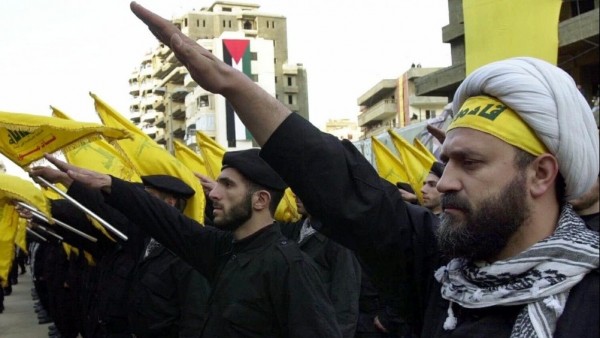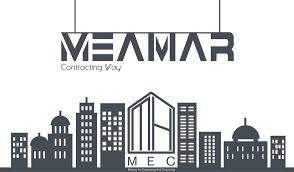The US announced sanctions on Lebanon based Arch Consulting and Meamar Construction on Thursday, a week after it backlisted two former ministers accused of enabling Hezbollah.

The US said it sanctioned Lebanon-based Arch Consulting and Meamar Construction for being owned, controlled, or directed by Hezbollah. It also added Hezbollah Executive Council official Sultan Khalifah Asad, who it said is tied to both companies, to its OFAC list of sanctioned individuals.
“Through Hezbollah’s exploitation of the Lebanese economy and manipulation of corrupt Lebanese officials, companies associated with the terrorist organisation are awarded government contracts,” said Secretary of the Treasury Steven Mnuchin. “The United States remains committed to targeting Hezbollah and its supporters as they corruptly abuse Lebanese resources to enrich their leaders while the Lebanese people suffer from inadequate services.”

The US treasury said that both companies funnelled money to the leadership of Hezbollah from government and private contracts with the assistance of former Lebanese Transport Minister Youssef Fenianos and former Finance Minister Ali Hassan Khalil – two officials hit with sanctions on Tuesday.

The announcement came as the Iran-backed political-party-cum-militia said it was standing firm on its insistence to name ministers to the new government despite attempts to form a technical administration free of political appointees.
Hezbollah said on Thursday that it would be naming a Shiite as the next finance minister even though talks have stalled on forming a new government despite attempts by French President Emmanuel Macron to broker a new political initiative to pass reforms needed to drag the country out of the worst economic crisis in decades and rebuild the shattered capital after a massive explosion on August 4.
Prime Minister-designate Mustapha Adib met with President Michel Aoun on Thursday to discuss the stalled formation of government.
The US Treasury Department said last Tuesday that it had designated Mr Fenianos and Mr Khalil for engaging in corruption and leveraging their political power for financial gain.
“Fenianos and Khalil were involved in directing political and economic favours to Hezbollah and involved in some of the corruption that made Hezbollah’s work possible in Lebanon,” David Schenker, a senior State Department official for the Middle East, told a briefing call.
The Wall Street Journal in August reported that some US officials wanted to designate Gebran Bassil, the son-in-law of the president and a former foreign minister who heads the largest Christian political bloc in the sectarian power-sharing system.
Mohanad Hage Ali, a fellow at Carnegie Middle East Centre described the US move on Tuesday as one to give a message to Lebanon’s current political establishment.
“This is a kill the chickens to scare the monkey situation, where second rank members of the political elite are placed under sanctions to get things moving on the political level,” he said.
Heavily armed group Hezbollah has risen to become the overarching power in a country that is now badly struggling under a series of crises.
Lebanon’s banks are paralysed, its currency has crashed and sectarian tensions are rising. A port blast last month smashed a large swath of Beirut, killing more than 190 people and causing huge economic damage.
US officials said Washington was coordinating with France on Lebanon but voiced criticism over a recent meeting French President Emmanuel Macron held in Beirut with Lebanese politicians, including a member of Hezbollah, seen as a terrorist organisation by the United States.
“We don’t believe that people should be meeting, attempting to legitimate or otherwise these organisations or individuals. That said … we think that the French initiative has a lot of merit.”
Mr Macron, whose pressure prompted Lebanon’s bickering leaders to agree on a new prime minister, has spearheaded international efforts to set Lebanon on a new course after decades of corrupt rule led to its deepest crisis since the 1975-1990 civil war.
THE NATIONAL

Leave a Reply
You must be logged in to post a comment.